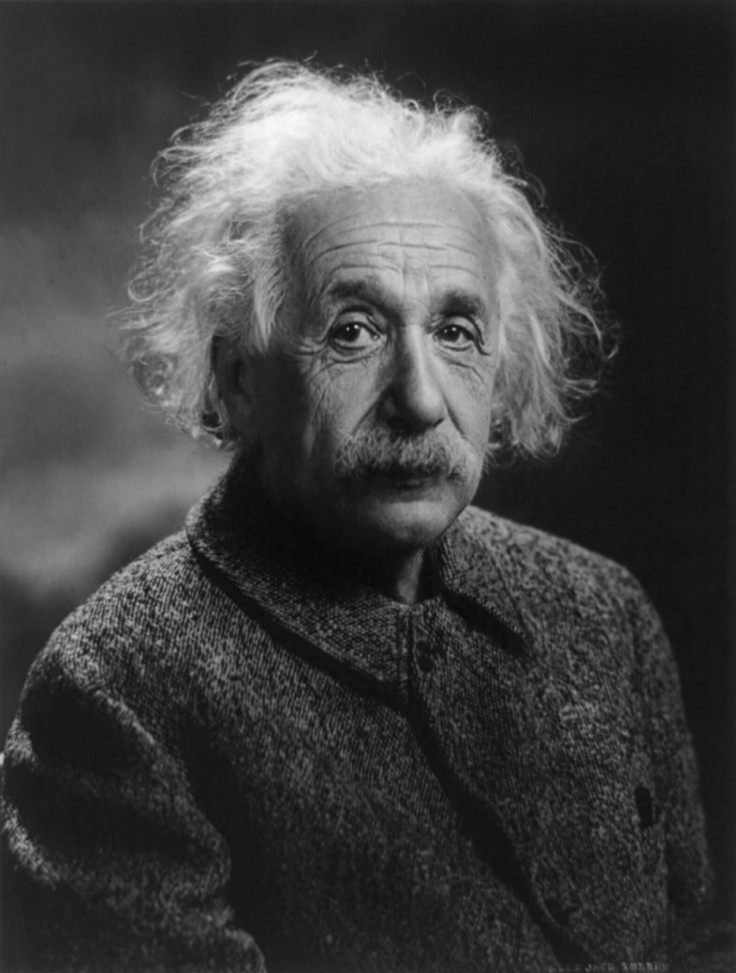Lost Albert Einstein Manuscript Reveals Alternative Big Bang Theory

Albert Einstein once suggested an alternative theory to the Big Bang in a previously undiscovered manuscript.
The physicist proposed the idea that the universe expanded steadily and will continue to do so eternally, rather than that it expanded rapidly.
According to Nature magazine, the manuscript had been unnoticed for decades. It is thought to have been produced during a trip to California in 1931.
The manuscript shows how Einstein described an idea about the formation of the universe: "For the density to remain constant new particles of matter must be continually formed," he wrote.
It had been overlooked for many years after being stored at the Albert Einstein Archives in Jerusalem, despite being available to view online. Experts had mistakenly listed it as a first draft of another paper.
Simon Mitton, a science historian at the University of Cambridge, said he was shocked when he realised what the manuscript was. He said it shows that British astrophysicist Fred Hoyle, who put forward a similar theory about the universe 20 years later, was not as radical as previously thought. "This finding confirms that Hoyle was not a crank," he said.
Click here to see the original manuscript at the Albert Einstein Archives
Hoyle argued that space could keep expanding eternally and keep a roughly consistent density. He believed it could do this by continually adding new matter, with particles emerging from space spontaneously.
Hoyle's theory was eventually ruled out, but knowing Einstein once toyed with a similar idea would have given him far more credibility and he could have used it in his arguments with opponents, Cormac O'Raifeartaigh, a physicist at the Waterford Institute of Technology in Ireland said.
Researchers believe Einstein's manuscript was a "rough draft" created in "excitement over a neat idea and soon abandoned," James Peebles from Princeton University said.
Helge Kragh, a science historian at Aarhus University in Denmark, added that while Einstein does not persue the theory, it shows he was not completely convinced by the Big Bang: "What the manuscript shows is that although by then he accepted the expansion of space, [Einstein] was unhappy with a Universe changing in time."
© Copyright IBTimes 2025. All rights reserved.





















